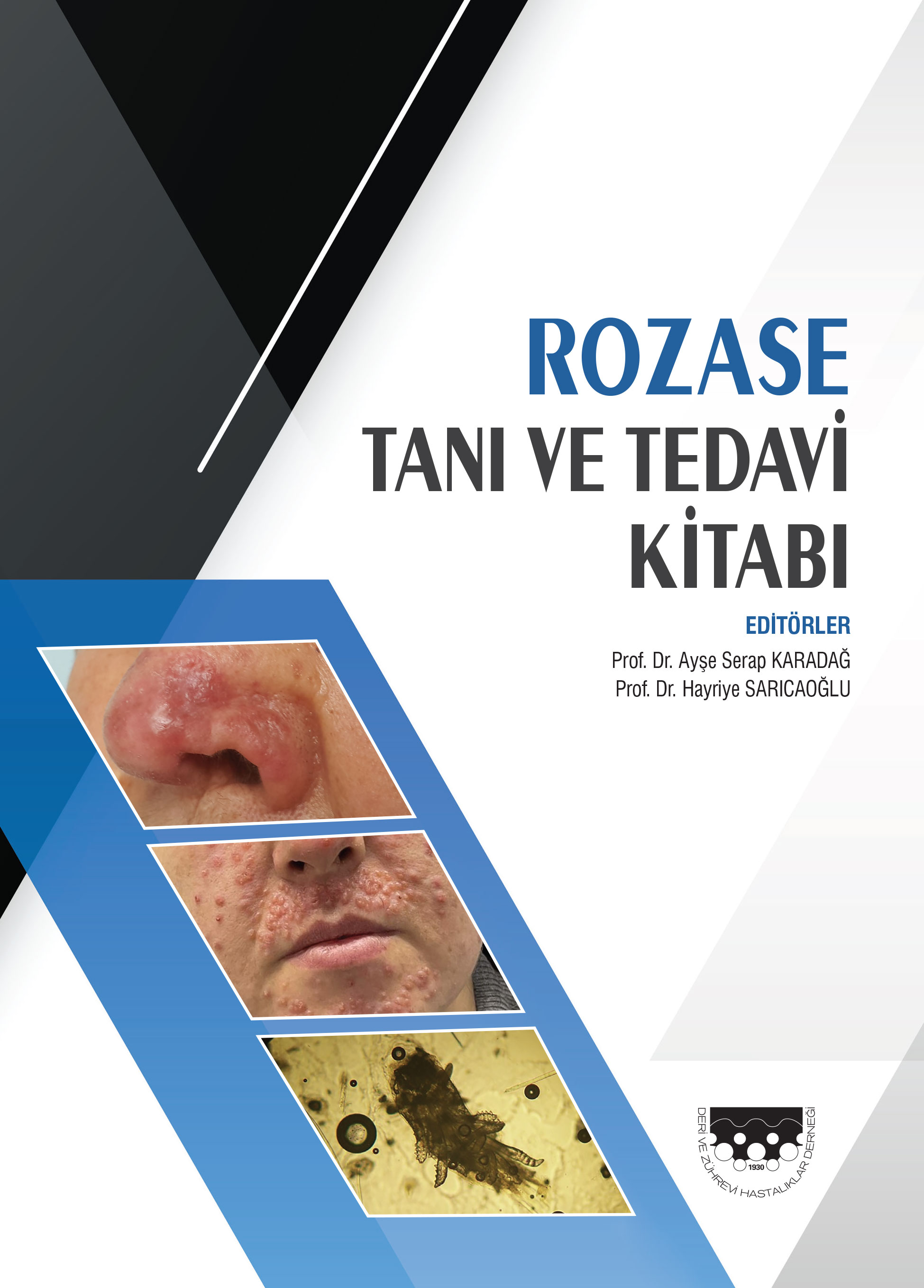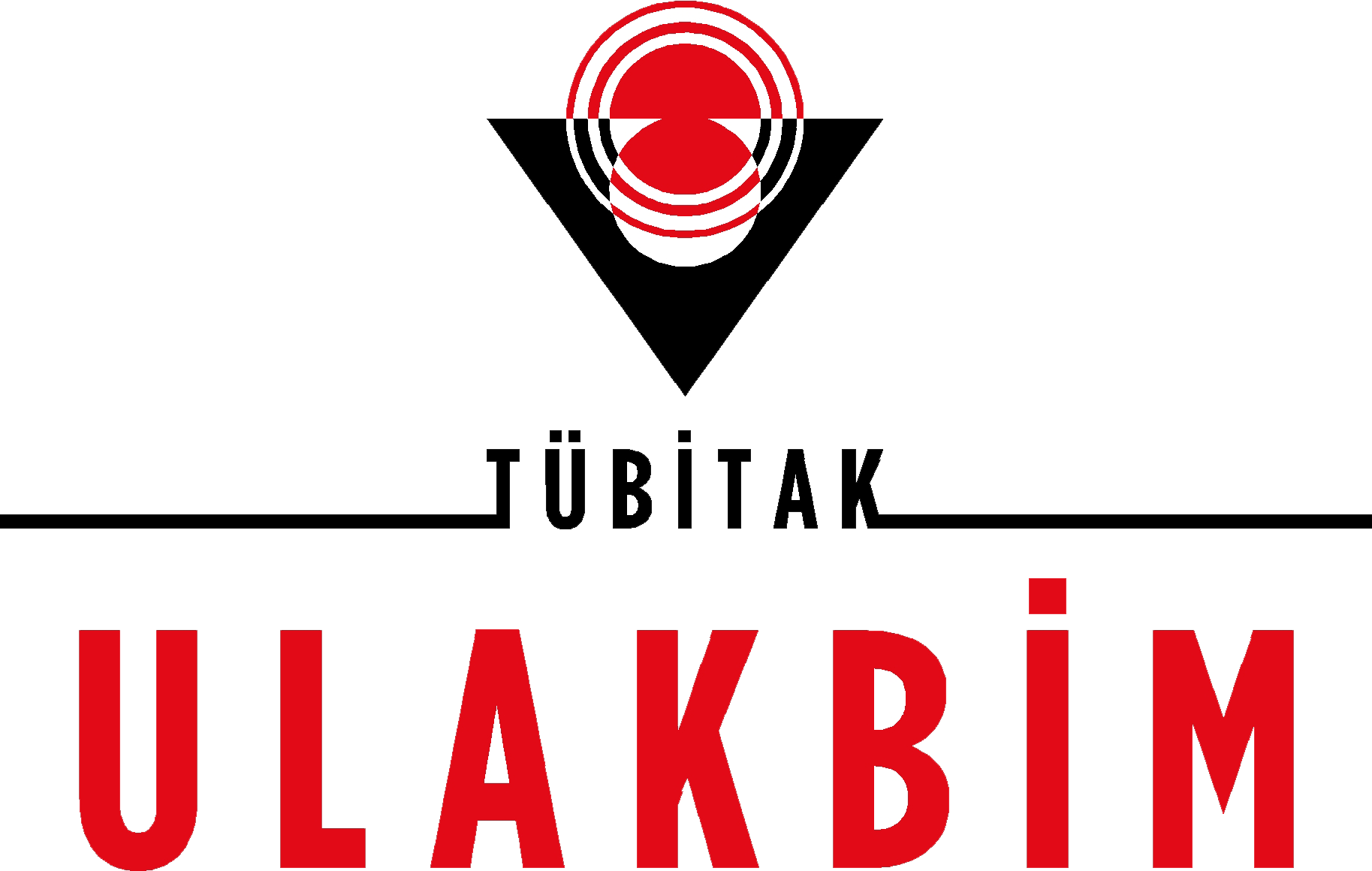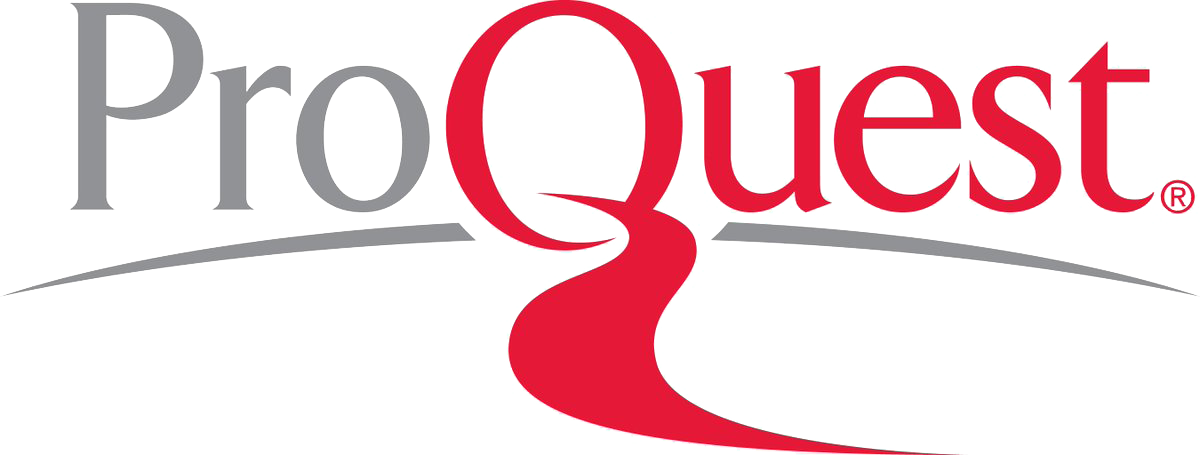Effect of informative seminars during national acne week on participants knowledge about acne in Turkey
Hatice Kaya Özden1, Kamer Gündüz2, Hamdi Özcan3, Aysun Şikar Aktürk4, Filiz Topaloğlu Demir5, Tuğba Özkök Akbulut6, Ayşe Serap Karadağ71University of Health Sciences Turkey, Derince Training and Research Hospital, Clinic of Dermatology, Kocaeli, Turkey2Manisa Celal Bayar University, Department of Dermatology, Manisa, Turkey
3Başkent University, Zübeyde Hanım Application and Research Center, Department of Dermatology, İzmir, Turkey
4Kocaeli University Faculty of Medicine, Department of Dermatology, Kocaeli, Turkey
5Bağcılar Medipol Mega University Hospital, Clinic of Dermatology, İstanbul, Turkey
6İstanbul Haseki Training and Research Hospital, Clinic of Dermatology, İstanbul, Turkey
7Memorial Atasehir Hospital, Department of Dermatology, İstanbul, Turkey
Background and Design: To investigate the contribution of informative presentations about acne vulgaris and questionnaires administered before and after informative meetings on patients awareness and consciousness.
Materials and Methods: Participants were asked to fill out a 20-question survey before and after informative seminars in hospitals and secondary and high schools as part of National Acne Week. The level of statistical significance was set as p≤0.05.
Results: A total of 466 participants completed the survey before and after the seminar, and the mean age of the participants was 17.4±6.9. Before the seminar, 31.1% of participants thought that acne is originated from the liver, whereas this figure decreased to 16.7% after the seminar. In all, 47.6% of participants consulted doctors and 23.9% consulted social media to seek information about acne; however, after receiving training, 77% preferred to consult a doctor. Of the participants, 51.1% were expecting to see the results of acne treatment in 1 or 2 weeks, whereas 83.3% stated that the effects would be seen in 2 or 3 months after the seminar. When the participants educational background was grouped as secondary-high school-other, a statistically significant difference was obtained (p<0.05).
Conclusion: Our study features both patients misconceptions and their incorrect attitudes about acne, and their level of knowledge improved significantly as a result of educational seminars. The relative benefit derived from educational seminars was positively related to the participants highest level of education.
Keywords: Acne vulgaris, patient education, beliefs, attitude
Türkiyede ulusal akne haftasında yapılan bilgilendirme seminerlerinin katılımcıların akne hakkındaki bilgi düzeylerine etkisi
Hatice Kaya Özden1, Kamer Gündüz2, Hamdi Özcan3, Aysun Şikar Aktürk4, Filiz Topaloğlu Demir5, Tuğba Özkök Akbulut6, Ayşe Serap Karadağ71Kocaeli Derince Eğitim ve Araştırma Hastanesi, Dermatoloji Bölümü, Kocaeli2Manisa Celal Bayar Üniversitesi Tıp Fakültesi, Deri Ve Zührevi Hastalıklar Ana Bilim Dalı, Manisa
3Başkent Üniversitesi Zübeyde Hanım Eğitim Ve Araştırma Hastanesi, Dermatoloji Bölümü, İzmir
4Kocaeli Üniversitesi Tıp Fakültesi, Deri Ve Zührevi Hastalıklar Ana Bilim Dalı, Kocaeli
5Bağcılar Medipol Mega Üniversitesi Hastanesi, Dermatoloji Kliniği, İstanbul
6İstanbul Haseki Eğitim ve Araştırma Hastanesi, Dermatoloji Kliniği, İstanbul
7Memorial Atasehir Hospital, Department of Dermatology, İstanbul, Turkey
Amaç: Akne vulgaris ile ilgili bilgilendirme toplantısı öncesi ve sonrasında uygulanan anket formları ile bilgilendirici sunumların akne hakkındaki farkındalık ve bilinç düzeylerine katkısını incelemek amaçlanmaktadır.
Gereç ve Yöntem: Ulusal Akne Haftası kapsamında hastane, ortaokul ve lise dengi okullarda verilen bilinçlendirme eğitimi öncesi ve sonrasında katılımcılardan 20 soruluk bir anket doldurmaları istendi. İstatistiksel anlamlılık düzeyi p≤0,05 olarak kabul edildi.
Bulgular: Eğitim öncesi ve sonrasında anket formunu dolduran 466 kişinin yaş ortalaması 17,4±6,9 idi. Eğitim öncesi katılımcıların %31,1i aknenin karaciğer kaynaklı olduğunu düşünürken, eğitim sonrası bu oran %16,7ye indi. Akne hakkında bilgi almak için eğitim öncesi katılımcıların %47,6sı doktora, %23,9u sosyal medyaya başvururken, eğitim sonrası %77si doktora başvurmayı tercih edeceğini belirtti. Katılımcıların %51,1i akne tedavisinin 1-2 hafta içerisinde etkisini göstereceğini beklerken, eğitim sonrası %83,3ü 2-3 ay kullandıktan sonra yanıt alınabileceğini belirtti. Kişilerin öğrenim durumları, ortaokul-lise-diğer olarak gruplandırıldığında, eğitim sonrası gruplar arasında öğrenim durumlarına göre istatistiksel olarak anlamlı bir farklılık saptandı (p=0,005).
Sonuç: Çalışmamız bireylerin hem akne hakkındaki yanlış bilgi ve tutumlarını ön plana çıkarmakta, hem de hekimlerin vereceği eğitim seminerleri ve bilgilendirme toplantıları ile bilgi düzeylerinde kayda değer bir gelişme sağlanacağını göstermektedir.
Anahtar Kelimeler: Akne vulgaris, hasta eğitimi, inanç, tutum
Manuscript Language: English























